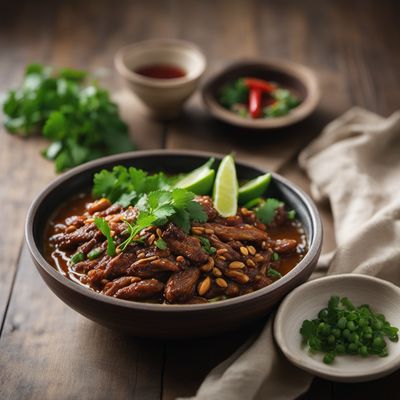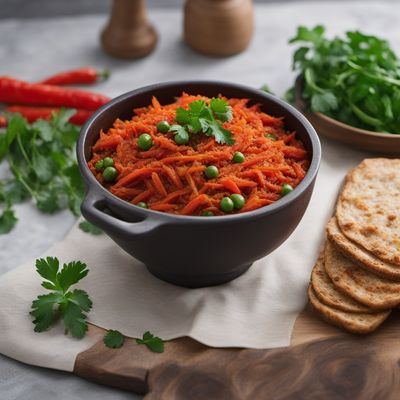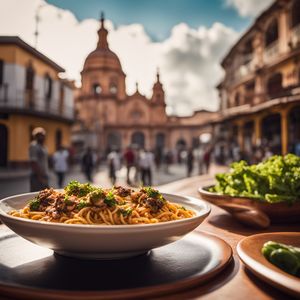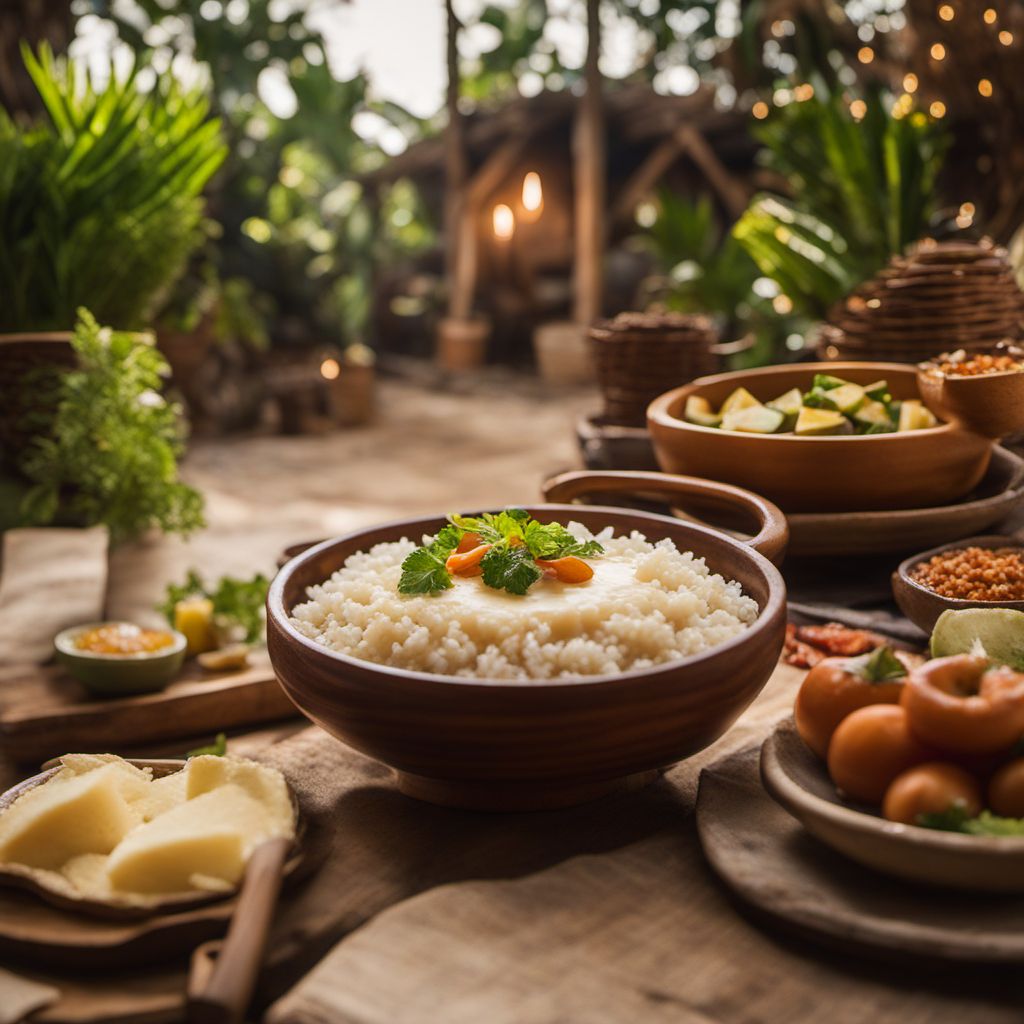
Dish
Kamby arro
Kamby arro is made by cooking rice in milk until it is tender and creamy. Grated cheese is then added to the pot and stirred until it is melted and incorporated into the rice. The dish is usually served hot and garnished with chopped parsley or scallions.
Origins and history
Kamby arro has been a staple dish in Paraguay for centuries, and is believed to have originated with the Guarani people, the indigenous inhabitants of the region. The dish was traditionally made with corn instead of rice, but rice became more popular after the arrival of Spanish colonizers.
Dietary considerations
Kamby arro contains dairy and gluten, so it is not suitable for people with lactose intolerance or celiac disease. It is also high in calories and fat, so it should be consumed in moderation.
Variations
There are many variations of kamby arro, some of which use different types of cheese or add ingredients like onions or garlic for extra flavor. Some recipes also call for the addition of meat or vegetables for a more substantial meal.
Presentation and garnishing
Kamby arro can be presented in a bowl or on a plate, garnished with chopped parsley or scallions. It is important to stir the dish frequently while it is cooking to prevent the rice from sticking to the bottom of the pot.
Tips & Tricks
Using a mixture of different types of cheese, like cheddar and parmesan, will give the kamby arro a more complex and interesting flavor. Be sure to use a heavy-bottomed pot to prevent the milk from scorching.
Side-dishes
Kamby arro can be served on its own as a main dish, or alongside a salad or vegetable side dish. It is also commonly served with a glass of red wine or a cold beer.
Drink pairings
Kamby arro pairs well with full-bodied and robust drinks like red wine or dark beer. It can also be enjoyed with a glass of milk or a cup of yerba mate tea.
Delicious Kamby arro recipes
More dishes from this category... Browse all »

Aamras
Indian cuisine

Aasmi
Indian cuisine
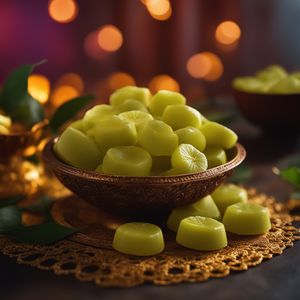
Agra petha
Indian cuisine

Aiyùbīng
Taiwanese cuisine

Ajdnek
Slovenian cuisine

Akafuku
Japanese cuisine
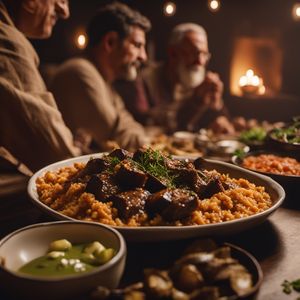
Akanés
Greek cuisine
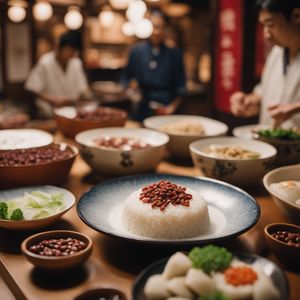
Akumaki
Japanese cuisine
